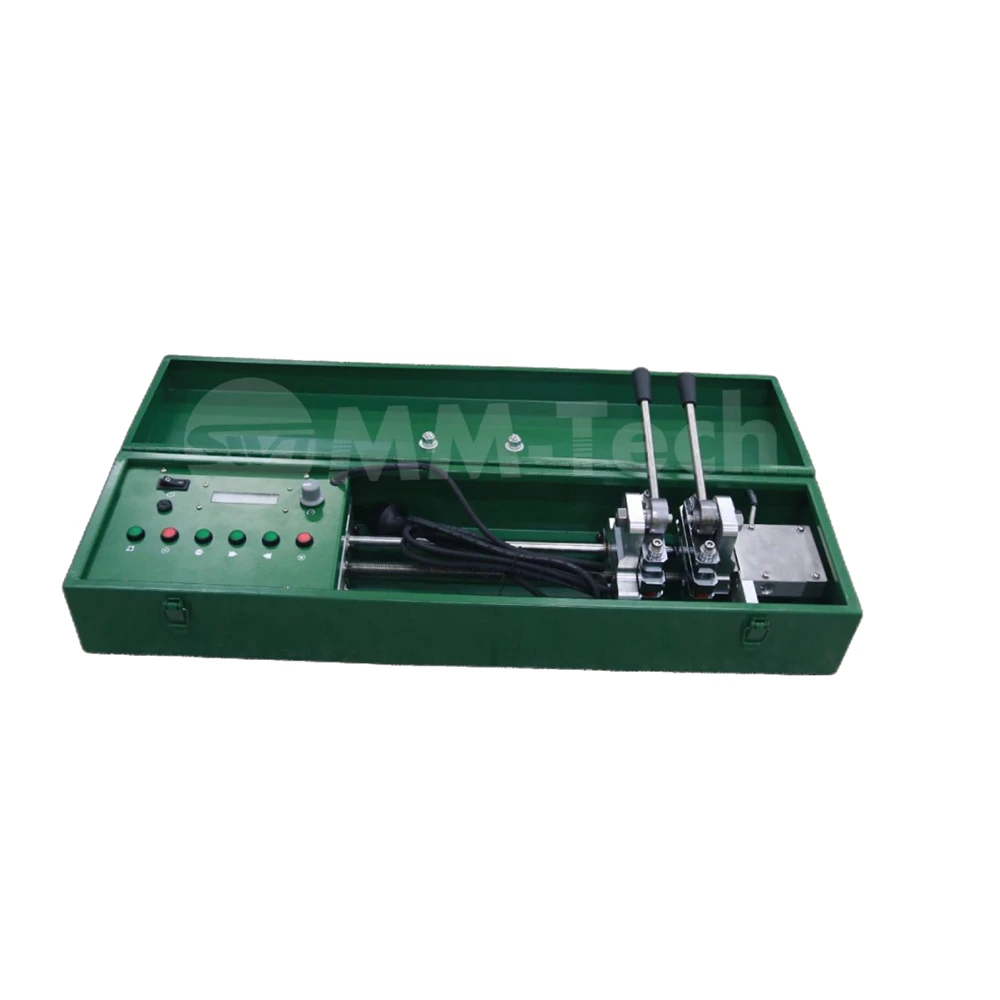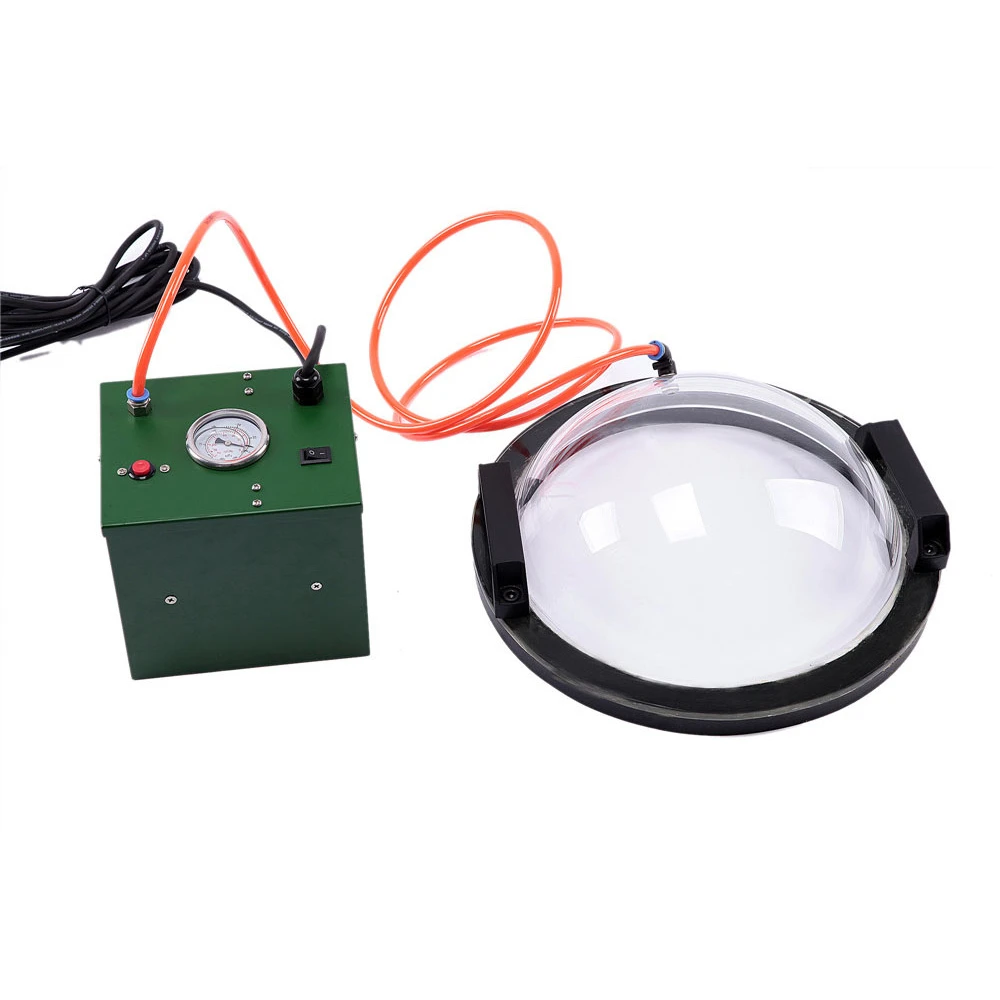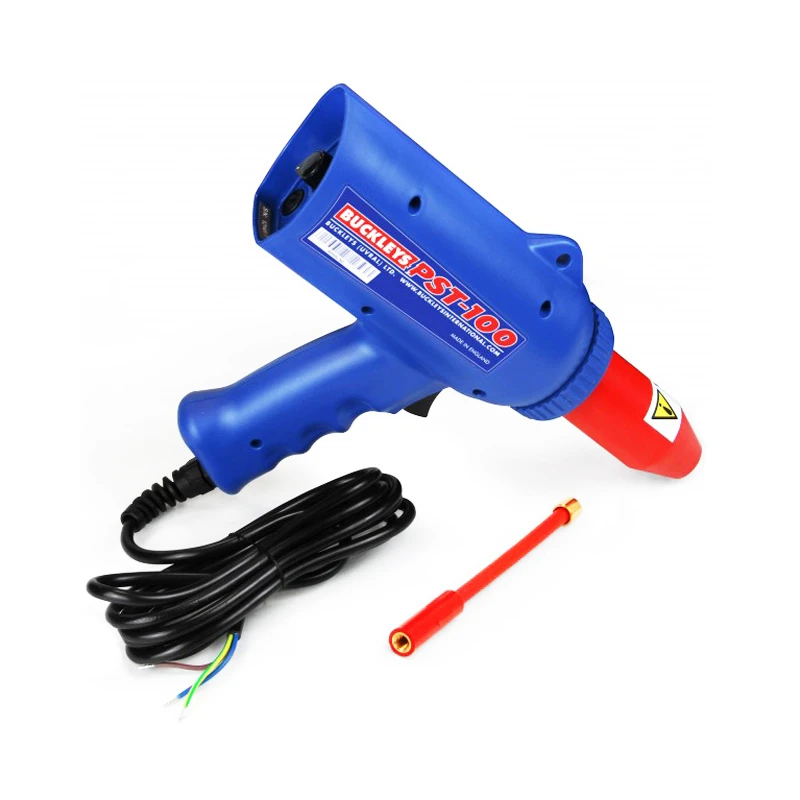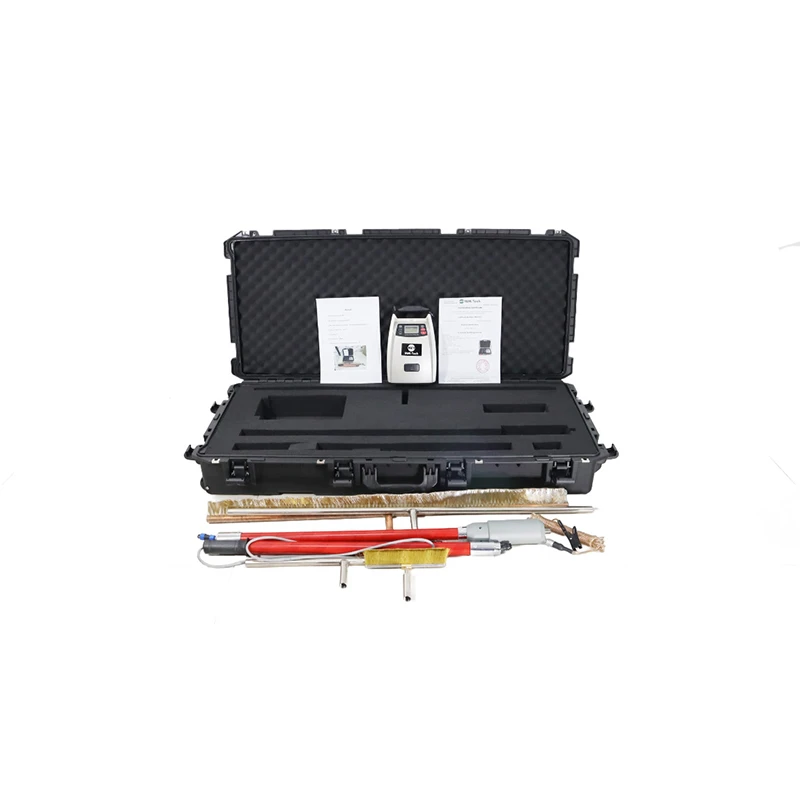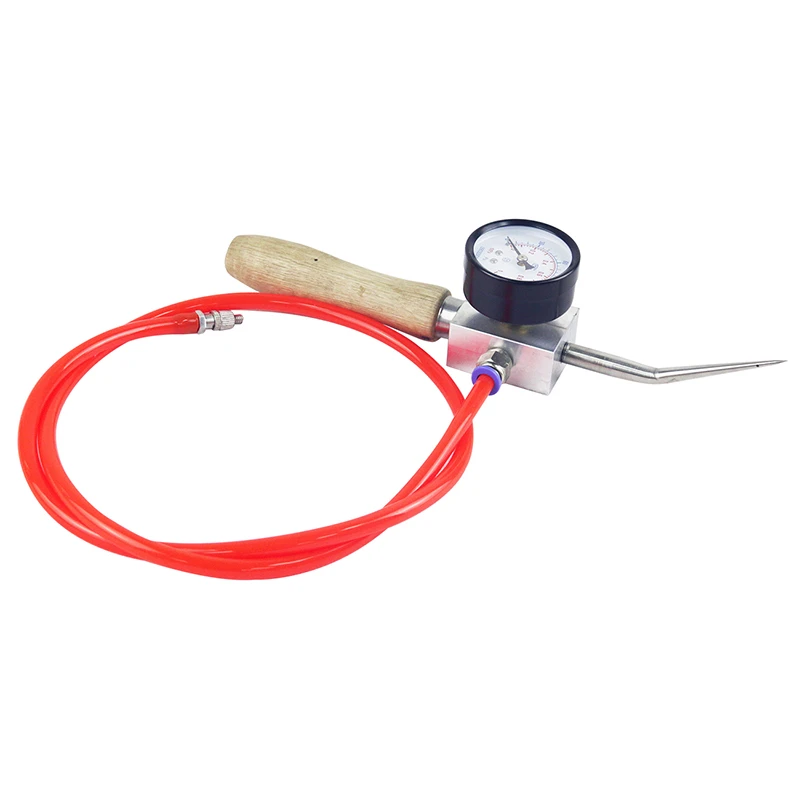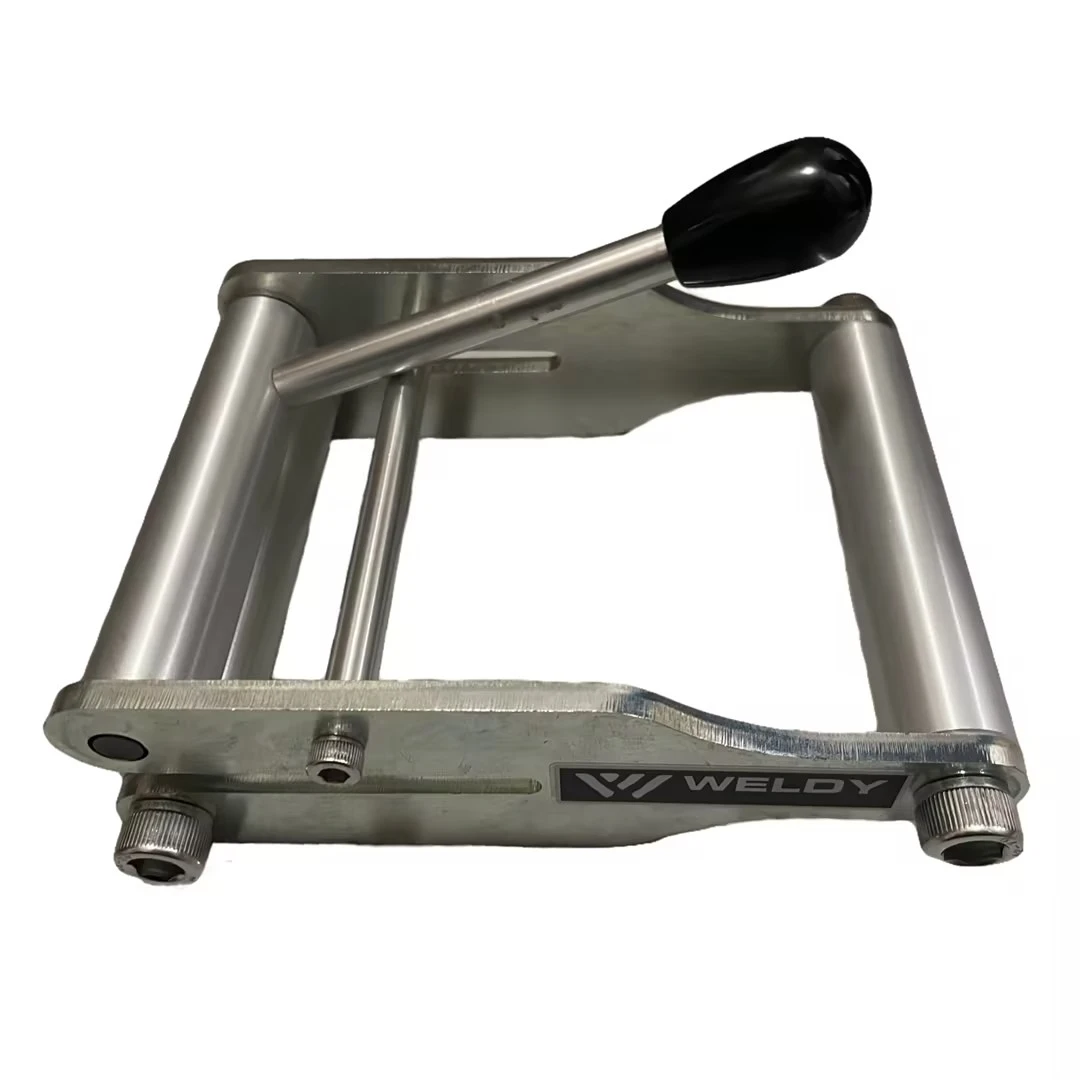-
 อีเมล์:info@peweldingmachine.com
อีเมล์:info@peweldingmachine.com
-
 +86-137 3974 5191
+86-137 3974 5191
-
 เพิ่ม:
เพิ่ม:เลขที่ 355 ถนน Youyi เขต Qiaoxi ฉือเจียจวง เหอเป่ย ประเทศจีน
เครื่องมือทดสอบ
เครื่องเชื่อมแบนเนอร์เป็นเครื่องมือที่ออกแบบมาโดยเฉพาะเพื่อเชื่อมแบนเนอร์ขนาดใหญ่ เต๊นท์ และวัสดุผ้าได้อย่างมีประสิทธิภาพ เครื่องจักรเหล่านี้มักใช้ในอุตสาหกรรมการพิมพ์ โฆษณา และสิ่งทอ ซึ่งการสร้างแบนเนอร์ขนาดใหญ่ ป้ายโฆษณา และป้ายต่างๆ ถือเป็นสิ่งสำคัญ เครื่องจักรสำหรับแบนเนอร์ได้รับการออกแบบมาเพื่อรับมือกับความท้าทายที่ไม่เหมือนใครในการเชื่อมวัสดุชิ้นใหญ่ เครื่องจักรสามารถเชื่อมวัสดุเข้าด้วยกันด้วยพื้นผิวเรียบและสะอาด เพื่อสร้างตะเข็บที่สวยงามและมีโครงสร้างที่แข็งแรงเพียงพอที่จะทนต่อสภาวะแวดล้อมกลางแจ้ง เช่น ลมและฝน
เครื่องจักรสามารถเชื่อมตะเข็บ ชายเสื้อ และส่วนเสริมได้ ทำให้มั่นใจได้ว่าแบนเนอร์จะปิดผนึกได้ดีและทนทาน กระบวนการนี้แม่นยำมาก และเครื่องจักรโดยทั่วไปจะมีการตั้งค่าอุณหภูมิ ความเร็ว และแรงดันที่ปรับได้ ทำให้ผู้ปฏิบัติงานสามารถปรับแต่งกระบวนการเชื่อมตามวัสดุที่ใช้และผลลัพธ์ที่ต้องการได้
What Are Testing Tools?
Testing tools are software applications or frameworks designed to assist in evaluating, verifying, and validating the functionality, performance, security, and usability of other software, systems, or products. These tools help automate testing processes, detect defects, and ensure that the final product meets quality standards before deployment.There are various types of testing tools, each catering to different aspects of software testing. Functional testing tools focus on verifying that a system operates according to its specified requirements, ensuring that all features work as intended. Performance testing tools measure speed, responsiveness, and stability under different conditions, identifying bottlenecks and potential failures. Security testing tools assess vulnerabilities, helping to prevent cyber threats by identifying weaknesses in software defenses. Usability testing tools analyze user experience, making sure interfaces are intuitive and user-friendly.
Automation testing tools play a crucial role in modern software development, reducing manual effort and improving testing efficiency. They execute test scripts, compare expected and actual results, and provide detailed reports. Popular automation testing tools include Selenium, JUnit, and TestNG for software applications, while LoadRunner and JMeter are commonly used for performance testing.The choice of testing tools depends on project requirements, technology stack, budget, and team expertise. Open-source tools offer flexibility and community support, while commercial tools often provide advanced features and dedicated support. Cloud-based testing tools enable remote execution and collaboration, enhancing scalability and accessibility.
Testing tools streamline the software development lifecycle by identifying issues early, reducing costs, and ensuring a smooth user experience. As software complexity increases, the role of testing tools becomes more vital in maintaining quality and reliability, making them indispensable for businesses aiming to deliver high-performance and secure products.
What Is QA Testing Tool?
A QA testing tool is a software application or framework designed to assist quality assurance (QA) teams in evaluating and improving the quality, functionality, performance, and security of software products. These tools help automate and streamline the testing process, ensuring that applications meet specified requirements and function correctly before deployment. By identifying defects, inconsistencies, and vulnerabilities, QA testing tools play a crucial role in maintaining software reliability and user satisfaction.
There are various types of QA testing tools, each serving different testing needs. Functional testing tools verify that software features operate as expected, ensuring compliance with business requirements. Performance testing tools assess system responsiveness, stability, and scalability under varying workloads. Security testing tools detect vulnerabilities and potential threats, helping to safeguard applications from cyberattacks. Usability testing tools evaluate the user experience, ensuring that interfaces are intuitive and user-friendly.
Automation testing tools, a key component of QA, reduce manual testing efforts by executing pre-defined test cases, comparing actual results with expected outcomes, and generating detailed reports. Popular automation tools include Selenium, Appium, and TestComplete for functional testing, while JMeter and LoadRunner are widely used for performance testing.QA testing tools can be open-source or commercial, with cloud-based solutions providing flexibility and remote access. The choice of tool depends on project requirements, budget, technology stack, and team expertise. By integrating QA testing tools into the software development lifecycle, businesses can detect defects early, improve efficiency, and reduce time-to-market. With software systems becoming more complex, the use of QA testing tools is essential for ensuring high-quality, secure, and reliable applications that meet user expectations and industry standards.







